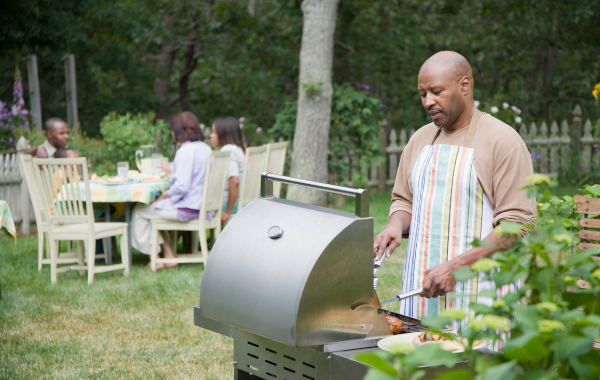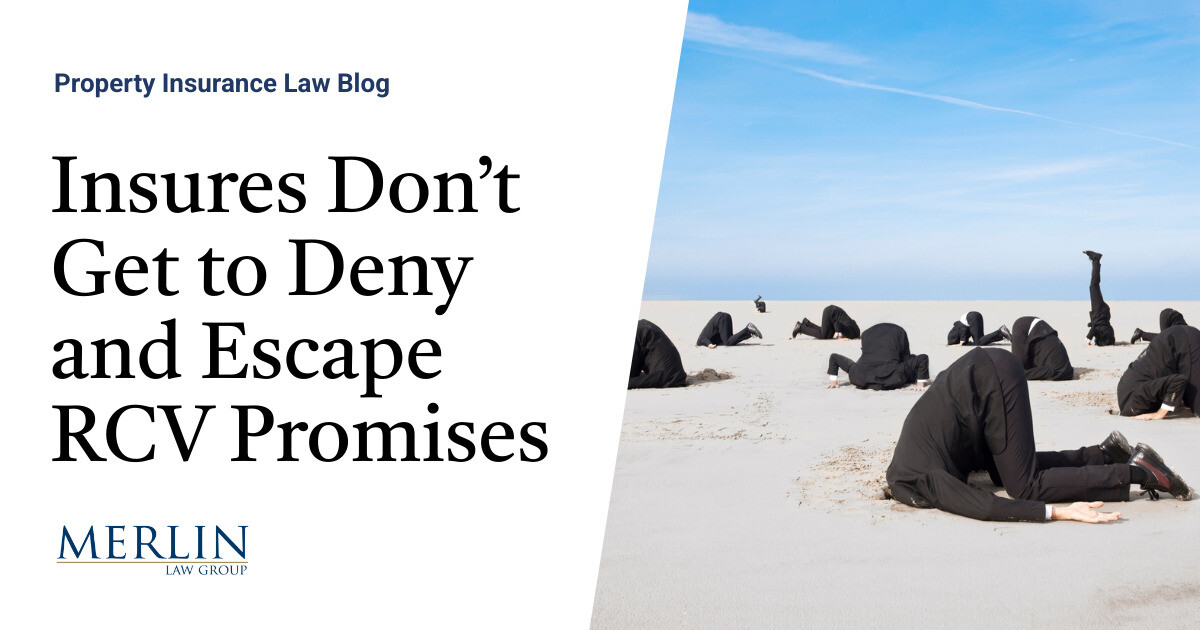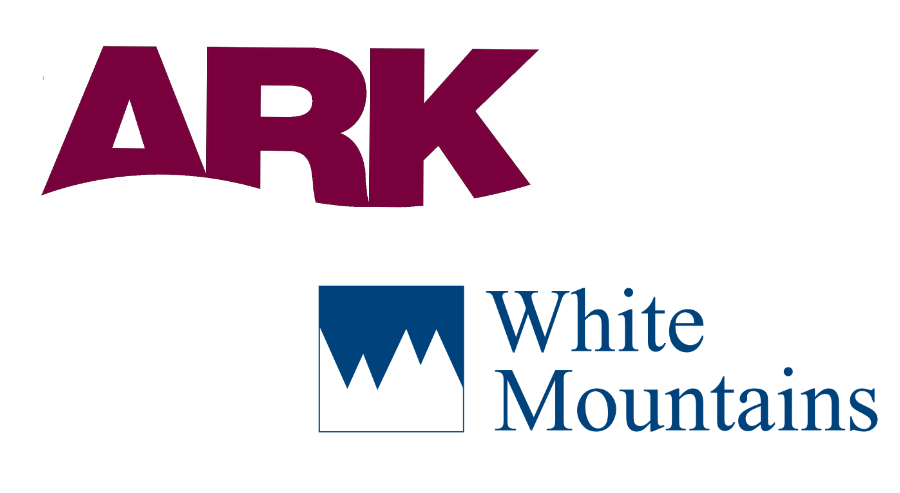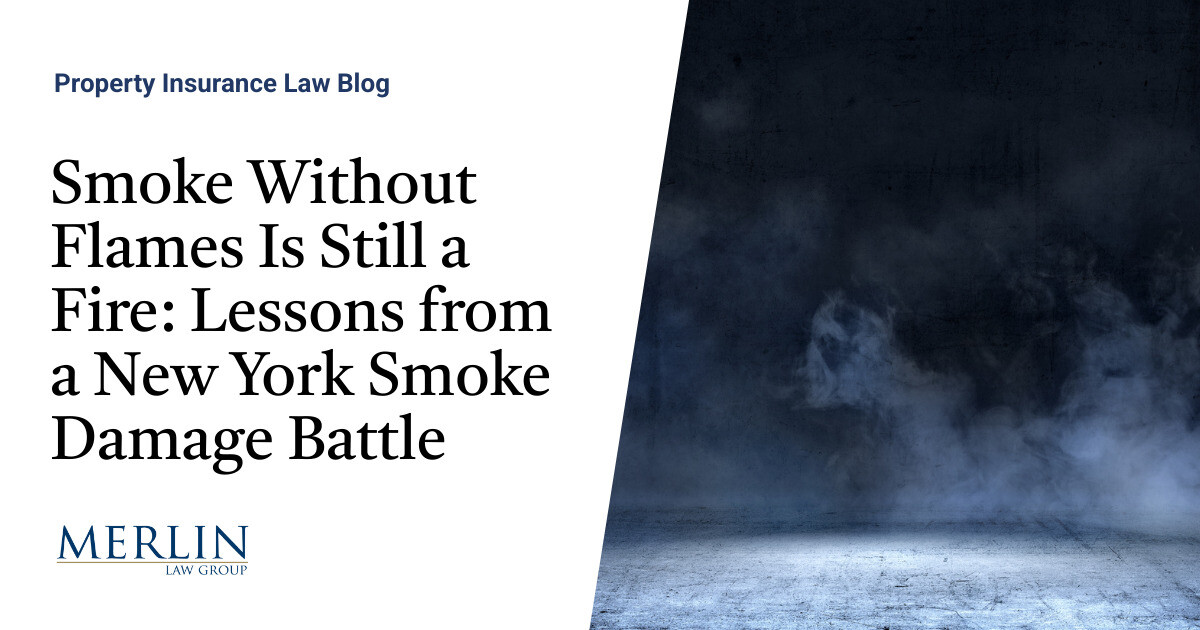
Spring is here and summer is coming.As a suburban dad, this means I only have two things on my mind: lawn maintenance and barbeque.Nothing ruins a good cookout faster than a trip to the emergency room or a visit from the local fire department.
So, before cooking for your family and/or friends, spend a bit of time evaluating your safety.Disclaimer: both my grill and smoker are propane-fueled, because I’m too busy fighting the war on dandelions to mess with charcoal and lighter fluid, but many of these tips apply to all outdoor cooking equipment.The primary concern with this type of cooking is the flammable grease produced by animal fats.
The buildup of grease is subject to flare-ups when the open flame hits it, posing a fire and safety risk.So, here are some things to consider: Familiarity. Know your equipment.When purchasing a new grill/smoker, read the instruction manual.
Learn how to operate, maintain, season, and store your unit to keep it running smoothly and extend the life.Review the manual from time to time.You can likely find a copy online as well, as the paper copy tends to disappear shortly after opening the box.
Location.Keep your grill at least 10 feet from your house.Fire can spread to any structure or overhang quickly.
Keep the area surrounding your grill free of decorations, umbrellas, and other flammable items.A wood deck is not an ideal surface for cooking.Make sure you’re able to keep kids and pets clear of the cooking area.
Maintenance.Clean your cooker frequently.How often will depend on what and how much you’re using it to cook.
Some meats generate a lot of greases that can fill a drip pan or coat the inside rapidly.I prefer to do a basic wipe down after the unit is cool and before I put the cover back on, then a deeper clean once a month.The more often you clean, the easier it is to keep up.
Check your lines for gas leaks: mix a solution of half dish soap/half water and pour on your gas hoses and connectors.The soap will bubble if there’s a leak once the gas is turned on.Operation.
Don’t overload the smoker or grill.This can cause a lot of greases to drip down to the burner.Don’t leave your grill unattended; you need to monitor it frequently.
If you want perfectly cooked meat, you should be doing this anyway.Avoid BWI – Barbequing While Intoxicated – as you’ll need to be able to react quickly if something goes wrong.Never light your unit with the lid/door closed as gas can build up rapidly and explode when ignited.
Protection.You need to know how to cut off your fuel source, extinguish a fire, and call the fire department.If you can’t do these three things quickly, consider just ordering out.
Some good tips are… to have a spray bottle of water handy (you can both add moisture to slow-cooked meats and cut down small flame ups).have a welding blanket (can smother a fire by covering the grill).have an easily accessible fire extinguisher (research the best type for what you’re cooking and know how to use it).
If you do need to use an extinguisher, you’ll have to clean up afterward so find something designed for use on cooking equipment.Let your unit cool completely before cleaning or covering.Always soak burnt wood chips in water before disposal.
Once you’re comfortable with the safe operation of your grill/smoker, you can focus on the fun stuff.Perfect your dry rub, wet mopping, and moisture-locking techniques! Experiment with regional flavors, like Texas-style (yes), Memphis style (ok), St Louis Style (sure), or Carolina style (no).Slip-on your white sneakers and cargo shorts, activate dad mode, and light that cooker! Don’t burn the grass, though, I just put fertilizer down.
Sources:
https://www.simplymeatsmoking.com/gas-smokers/barbecue-smoker-and-grill-safety/
https://abcnews.go.com/Business/ten-tips-safe-summer-barbecues-learn-dos-donts/story?id=13918382
Share this:FacebookTwitterLinkedInMoreEmailPrintLike this:
Publisher: Central Insurance Companies








